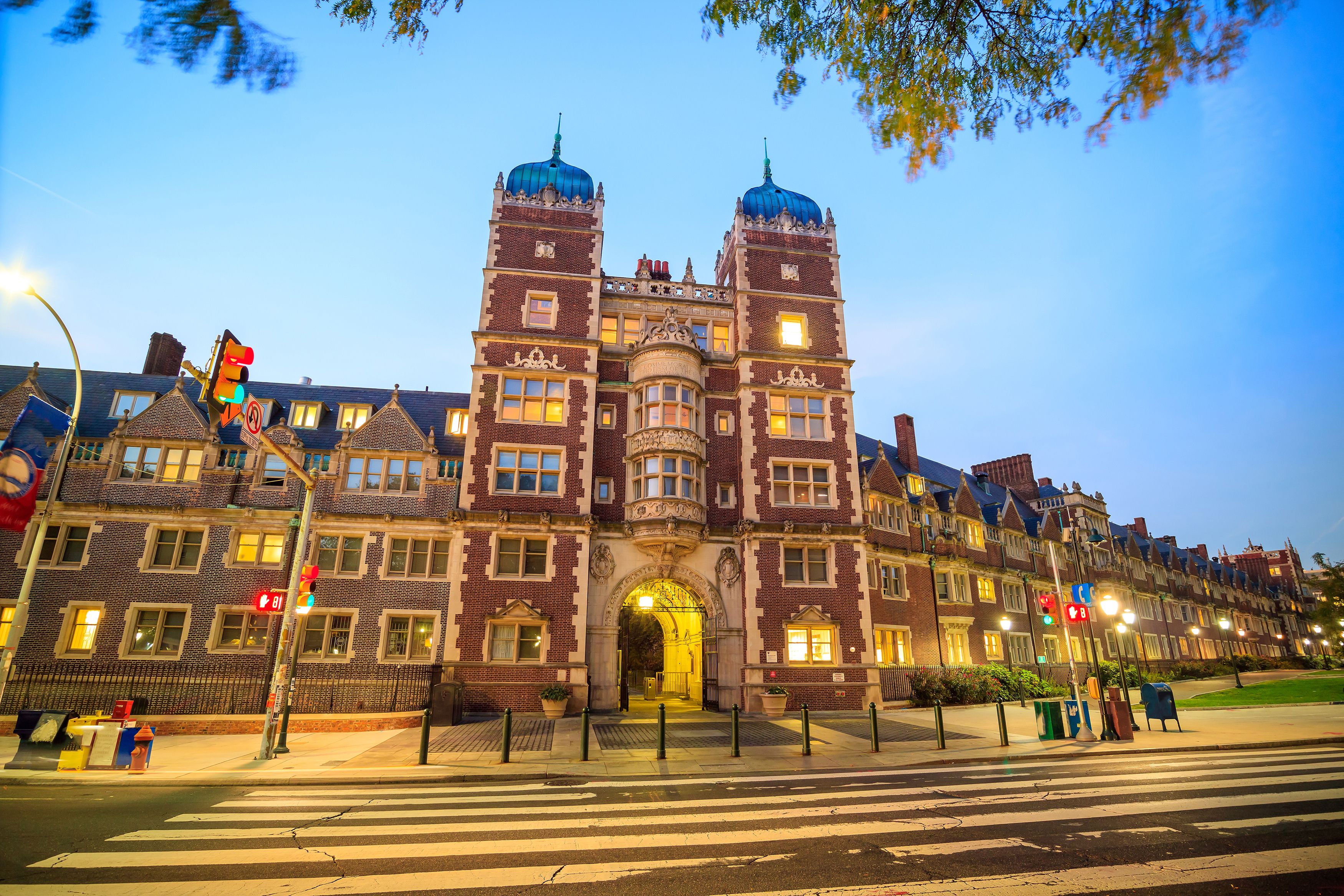Which AP Classes Matter Most to Colleges? Expert Tips for a Winning AP Strategy
Read now/f/64062/739x416/9435e2a2b8/cybersecurity-study-group.jpg)
/f/64062/1000x563/90b92f6394/harvard-bg.png)
You probably dread the infamous question, “What are you going to study at university?” especially if you can’t decide! But, have you considered that maybe it’s less about your indecision and more about the educational system?
How many of your friends know exactly what they want to study at university? There might be a few, but probably not many. The vast majority of students, even top scholars, often have many interests and find it challenging to decide on a specilisation before leaving high school. Most students haven’t even had a chance to explore all of the subjects available at university! How are you supposed to know if you want to study Engineering, Psychology, or Computer Science if you’ve never had the opportunity to study them before?
Universities in New Zealand require students to choose their intended area of focus (science, commerce, engineering, etc.) before stepping foot on campus. As a result, many students waste semesters and even years swapping and changing courses before finally settling on their favourite. Not only is this a time-waster, but it can also be a financial drain.
Universities in the US understand that choosing a major and career path is challenging, so they designed an educational system that helps students navigate this process.
You can get accepted into a US university without even declaring your major. This option is called “applying undecided.” If you’re a strong applicant, you can get accepted into the university without choosing what you intend to study. This option may seem confusing because the classes you choose usually coincide with your major. You may also be wondering when you have to decide on a major. Don’t worry. Read on!
US universities actively encourage applicants to be multifaceted and foster this ethos throughout the university experience. Many US universities nurture multifaceted students through the academic system known as the ‘Liberal Arts.’ A common misconception is that Liberal Arts colleges are just “arts” colleges. This name is simply the multidisciplinary academic system they use - for example, even Harvard is a Liberal Arts college!
In addition to studying their major, all students at Liberal Arts colleges study a wide range subjects in the common curriculum (aka core curriculum) across the social sciences, natural sciences, arts, and humanities, including subjects such as sociology, economics, logic, and history.
The assembly of these subjects aims to build a broad knowledge base and develop a student’s problem-solving, reasoning, and critical thinking skills. Princeton University eloquently surmises that the Liberal Arts core curriculum will “cultivate the tools necessary to allow you to navigate the world’s most complex issues.”
These academic foundations not only support students in their future scholastic pursuits but also deliver huge career advantages, particularly by learning how multiple disciplines interconnect and complement one another. In an interview with the New York Times, Steve Jobs once said, “Part of what made the Macintosh great was that the people working on it were musicians, poets, and artists, and zoologists, and historians. They also happened to be the best computer scientists in the world. But if it hadn’t been computer science, these people would have been doing amazing things in other fields. We all brought to this a sort of “liberal arts” air, an attitude that we wanted to pull the best that we saw into this field. You don’t get that if you are very narrow.”
In addition to the common curriculum, students are given space in their academic timetables to study subjects outside their intended major. These “elective courses” could be anything from web design to public speaking! Elective courses allow students to explore multiple fields of interest before selecting their major. It’s not uncommon for students to take elective courses, fall in love with them, and end up minoring or even majoring in them! Students who are more confident of their intended major may use electives to develop a new skill set to support their career ambitions. For example, a computer science major might take a public speaking course to learn how to present their work to future colleagues confidently.
Similarly, students with a deep passion for a subject can choose electives that complement their major. For example, a student interested in studying marketing might pick psychology and behavioural economics as their elective courses to understand the cognitive and contextual ways to influence consumer decisions.

Arguably the most important reason US universities are better for Kiwis is that most US universities don’t require you to choose your major until the end of your second year! That means you have two years to explore multiple academic disciplines and find your passion. You have the opportunity to taste an array of different classes without wasting your time. Once you have decided, you spend the final two years of your four-year bachelor's degree concentrating on your chosen major.
Alternatively, if you know precisely what you want to study, the US education system is prepared for you too! The US is home to some of the top specialist programs in the world, and you have the option to apply directly to the program and start studying your favourite subject from the moment you step foot on campus.
These specialist schools, which operate within universities, allow students to dive deeper into the subject they’re passionate about. Depending on the program, these students might take only half of the Liberal Arts common curriculum and elective papers that a general student takes.
For example, suppose you think you might study economics. In that case, you can apply to the University of Pennsylvania (UPenn) and enjoy the freedom of deciding if you want to major in economics at the end of your second year. However, suppose you KNOW you want to study economics. In that case, you can apply to the Wharton School of Business, UPenn’s specialist business school, and receive an education in economics from the #2 business school on the planet.

With literally thousands of universities to choose from, a seemingly endless range of course options, and an education system that makes selecting a major as stress-free as possible, the US provides the flexibility and decision-making time that so many New Zealand students crave. Coupled with its world-class facilities, notable professors, career advantages, unrivalled campus experience, and countless more benefits, it’s no wonder why more and more Kiwi students are applying to US universities every year!
Want to find out how YOU could get accepted into a top US university? Speak with one of our friendly University Admissions Advisors by signing up for a complimentary consultation. They’ll let you know your chances of getting into your dream university and give you a personalised roadmap of how to get there!